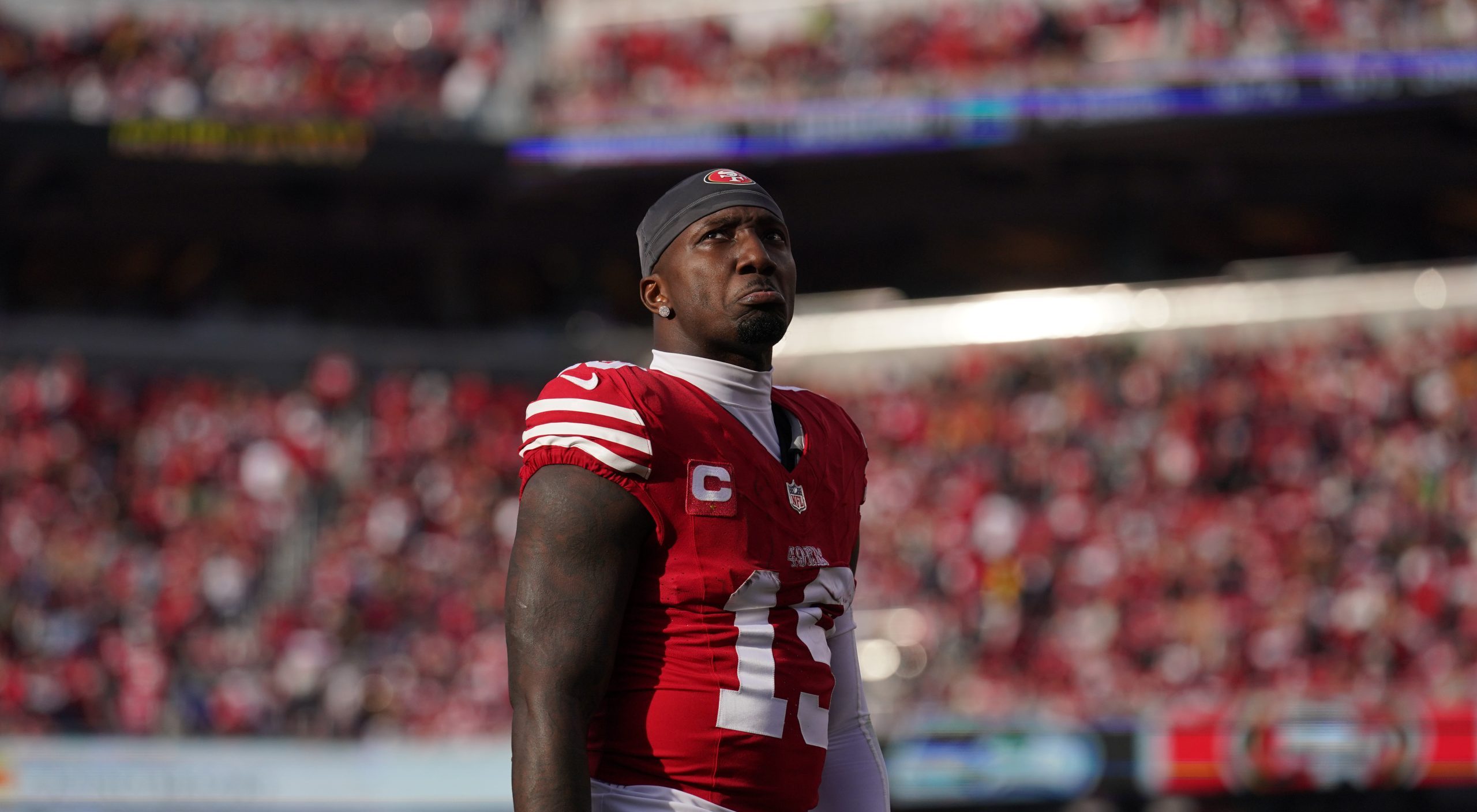Public financing for billionaires’ sports stadiums is almost never a good idea.
Usually, that money is taken from more worthy public goods—like schools—and it’s based on the assumption that stadiums, will generate economic growth. It sounds logical on its face, but it never actually happened.
That’s not hyperbole; it never happens.
As one economist told Think Progress, you could generate more economic impact by dropping the money you were going to spend on the stadium from a plane over the city.
Even though economists almost unanimously agree that public financing for stadiums is a bad idea, billionaires who run sports teams still want to get free money when they build stadiums, so they need to find people who will tell them what they want to hear.
Enter the fake economists, such as Florida State’s Dr. Mark Bonn.
Bonn has specialized in helping craft favorable reports for teams hoping to bring stadiums to Florida, particularly spring training stadiums. However, a WTSP investigation found that Bonn isn’t actually an economist at all; he works in Florida State’s school of hospitality and teaches classes on marketing and wine tasting.
That sounds shady right off the bat, and WTSP found that Bonn’s studies relied on insane assumptions. His report estimating $70.6 million in economic impact from the Toronto Blue Jays’ spring training stadium assumed that every person who attended games came from out of town and that nobody attended more than one game.
Bonn’s recent report that claimed the Blue Jays created $70.6 million in economic impact for Pinellas County each year failed to take into account the fact that many out-of-town visitors who came for baseball attended multiple games; Bonn’s report considered every ticket-holder for every game a unique visitor to the county. He also seemed to forget in his initial draft to take into account that many spring training ticket-holders were Pinellas County residents.
Bonn’s Blue Jays report also failed to take into account some basic economic principles, such as substitution (where one business, such as baseball, cannibalizes economy from other local businesses, such as movie theaters or restaurants, rather than create new economy) as well as “leakage” (where money spent locally, such as at Dunedin’s stadium, doesn’t stay locally because out-of-state businesses get much of the revenue).
Public records obtained by 10Investigates revealed Bonn was encouraging his clients to use inflated numbers to make their case for taxpayer subsidies stronger.
It gets worse. The Blue Jays were looking for a favorable report, and even they called bullshit on the numbers, according to WTSP.
Emails sent by the Blue Jays revealed apparent frustrations at time with their consultant, including a suggestion on Dec. 17, 2016 that Bonn use more realistic numbers in one of his calculations.
Bonn responded, “This is your call, but as your consultant, I do not recommend going down this path, as it generates only a negative outcome and provides a good argument to defeat your proposal.”
Emails also indicate that Bonn was concerned with preserving robust estimates and he suggested removing the methodology from his report to reduce the number of questions county leaders might ask.
As crazy as this all seems, it really shouldn’t come as a surprise. Every respected economist who has reviewed public financing for stadiums says it’s a bad idea for taxpayers, so people who find favorable results to public financing generally have to be making things up.
[WTSP]







